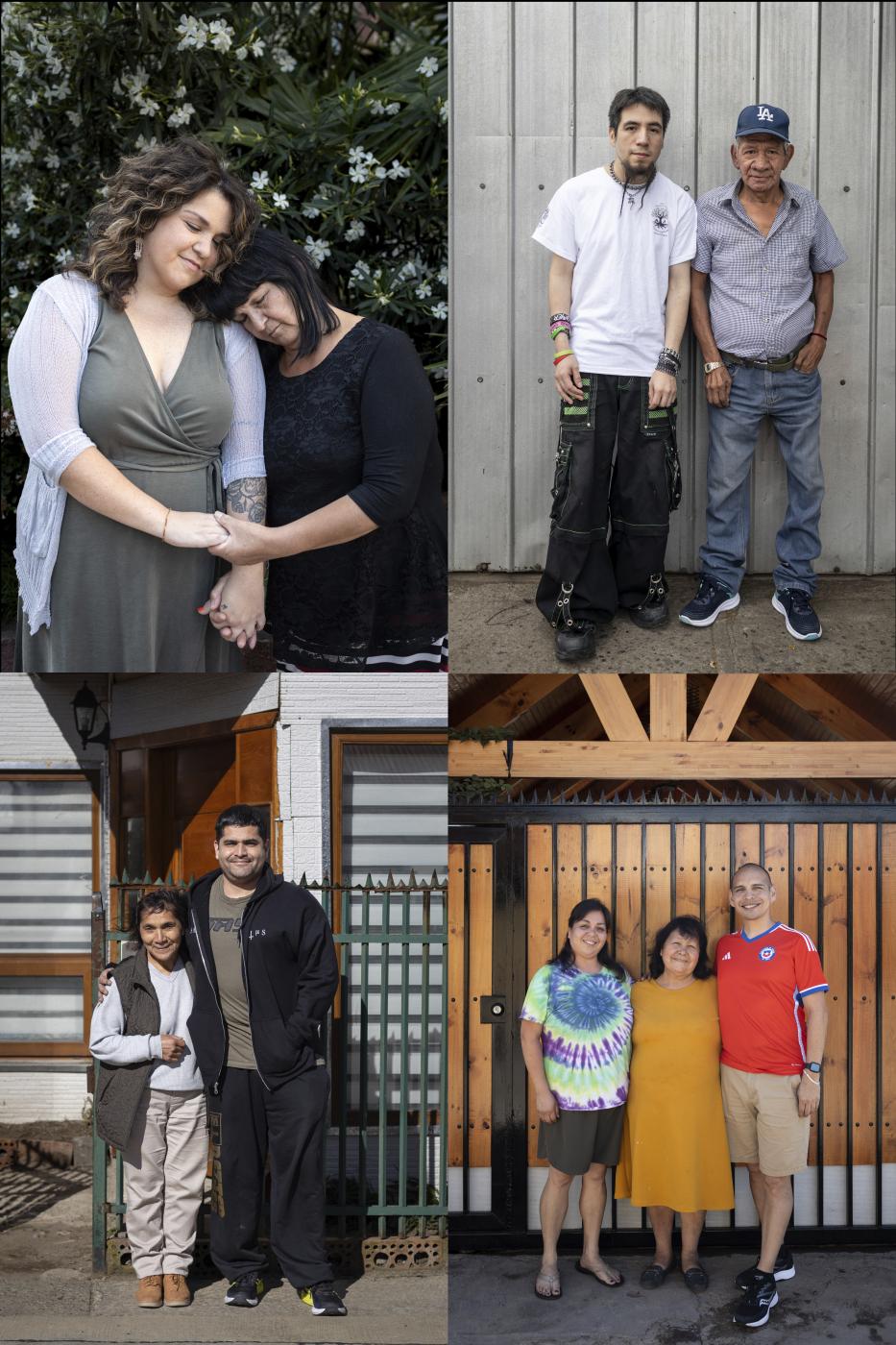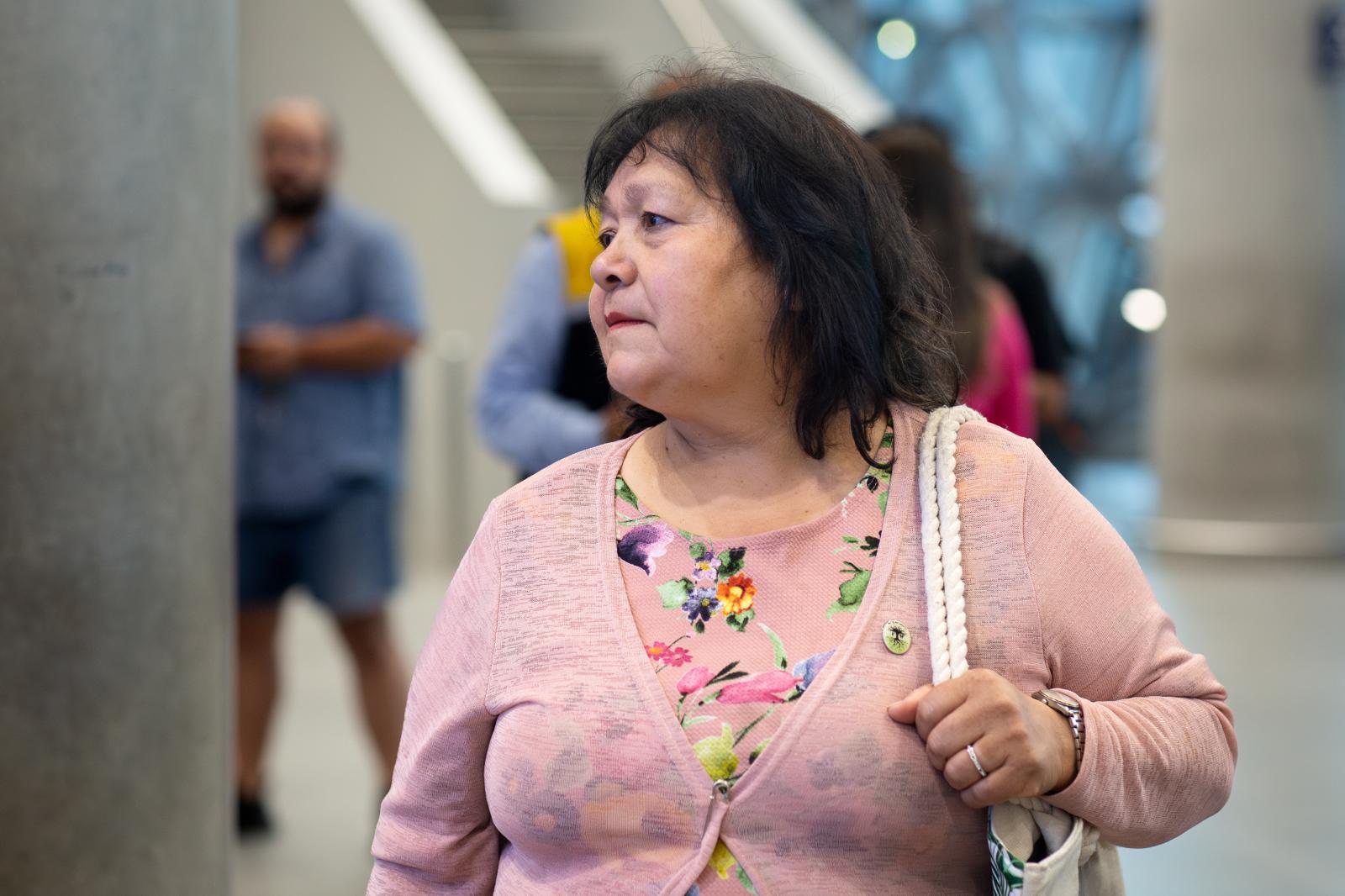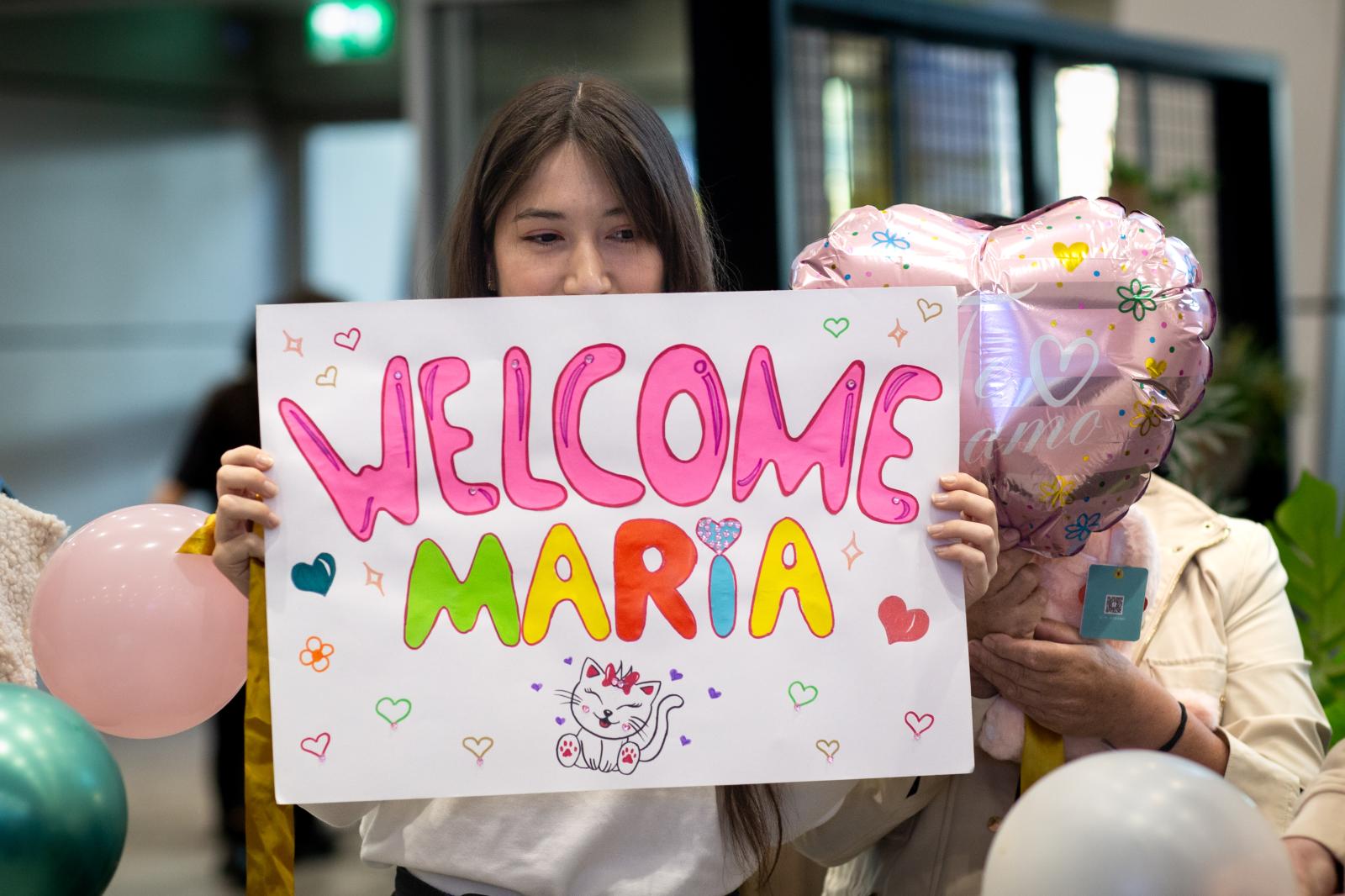Public Project
Reunion familiar
Ilegal adoptions
Maria Hastings discovered the identity of her biological family in December 2022. She grow up in Tampa, Florida, and knew from an early age that she had been adopted from Chile.
She had no interest in finding her biological mother, cause she thought she has been given up willingly. All she knew was that she was from Santiago, and was born from a single mother, living in poverty and unable to take care of her.
But Maria’s story begins close to the city of Temuco. Her mother is from Chile’s indigenous mapuche community, and didn’t spoke Spanish very well.
She worked as a domestic worker during the 80s, and when her employers discovered she was pregnant, she was thrown out on the street.
Seeking shelter and food, she arrived at a nun's shelter, where after she gave birth, she was tricked and forced to abandon her daughter.
When she tried to get her back, she was told that her baby had already been taken to France with a new family.
This story is one of near 20.000 children who went on to grow up in families across the US and Europe, after thousands of chilean families were torn apart by illegal adoptions.
Parents were told that their babies were lost or dead, but they had been stolen and sold, facilitated by a network of social workers, health and legal professionals across the country.
Thousands of dollars were paid by American and European families for newborns that they believed had been given up willingly, only to discover, 40 years later, that they had also been deceived.
The practice reached its peak during Pinochet's military dictatorship, when the regime encouraged adoption as part of a strategy to eliminate poverty.
The network was so extensive and the practice so old that no one has been held accountable so far..
Different NGO's have been working to reunite the families, and so far there have been more than 700 reunifications, a number that is steadily rising.
Maria and Romina are sisters who do not speak the same language, who grew up in different homes and cultures, but who recognize each other in the way they look at each other.
Now Maria has the chance to meet her mother and sister, to hug them, to laugh with them, to take back the time that was stolen from them.
542





































